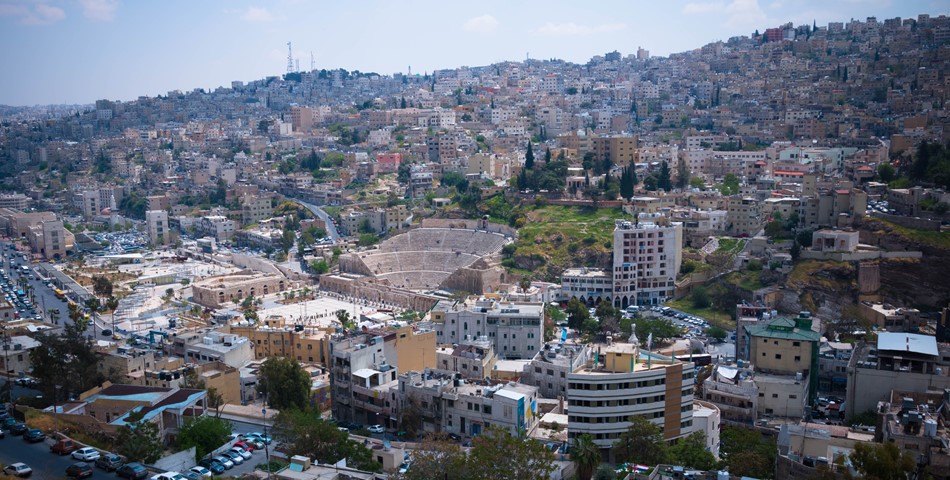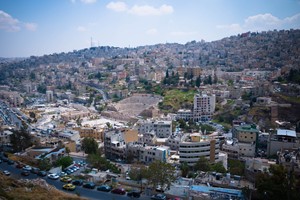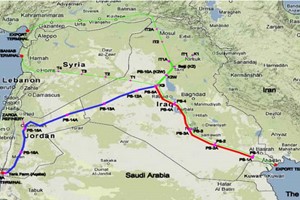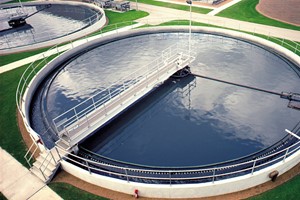Although recently faced with lower activity, increased economic growth and new projects coming on-line could see demand rise in Jordan's property market. In fact, the real estate market is expected to witness a future growth rate between 10-20% due to the fact that a large proportion of the population is young, where 37.8% is below the age of 15 years and the economically active population (15-64 years) constitutes 58.7% of the population. The rising demand for real estate in Jordan and in particular for apartments is coupled with rising prices, which is mainly attributed to the significant increase in the prices of land and building materials, especially steel and concrete. According to Oxford Business Group, Jordan's real estate sector saw a 6% year-on-year (y-o-y) decline in trading values USD4.5bn in the first half of 2016, according to data issued by the Department of Lands and Survey (DLS) cited in local media. This comes on the back of a 2% y-o-y contraction in real estate sales in 2015, which saw a total annual turnover of 10.7bn. In June 2016, in a bid to simulate the country's real estate market, the government cut the fees collected on property sales from 5% to 2.5% and reduced the sales tax on real estate transactions by half to 2%. This followed on a halving of fees from 10% to 5% in the previous year. However, in late July 2016 Omar Malhas, minister of finance, announced that the reductions implemented the previous month had been cancelled after the measures failed to increase sales, with real estate activity falling 9% y-o-y in the month in which the tax cuts were in place. Despite this, Jordanians continue to purchase property; however, many families are investing in smaller residential units of 100 m2 or less, primarily due to cost concerns. In Amman the cost of residential real estate is approximately USD1500 per m2. Rental rates are also high in the capital, in part due to the influx of refugees into the country, according to industry media reports. "Jordanians are extremely price sensitive," Nasser Al Khaldi, CEO for Samarah Dead Sea Resort. "In the current environment, they aren't looking for size, but rather from the point of view of what provides the best value." The increase in demand for smaller units is not only due to more competitive pricing, but also recent tax incentives. Last July the government announced it would waive registration fees on the first 150 m2 of any home less than 180 m2. The incentive package also included the halving of the registration fees on any size of property to 5%. Though sales may be down this year, a rebound in the market could be fueled by an expected rise in economic activity. The IMF has predicted Jordan's economy will start to gradually gain pace over the next three years, with GDP growth predicted to reach 4% by 2019, momentum that could boost property sales. Strengthening the position and role of the construction, engineering and housing sectors is a must as they are the key economic drivers of growth for other sectors. The government's executive plan for the next ten years is to ensure the achievement of the desired objectives of making Jordan a regional center for architectural and engineering services in the Middle East. The plan has been designed to ensure that the sector can contribute to the realization of the Kingdom's broader goals and aspirations over the next decade.



The real estate market in Jordan has showcased a positive momentum during the years, which was largely exhibited due to the growth in demand. Jordan's real estate market is primarily dominated by the residential segment, with an increasing demand from the domestic as well as the foreign buyers. The real estate market in Jordan is characterized by intense level of competition between several registered and unregistered companies, according to Ken Research.










